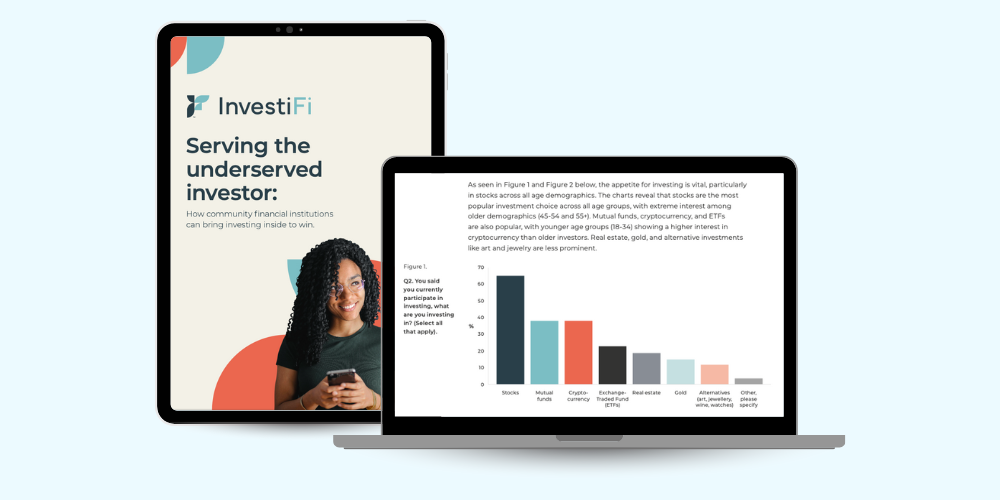The best line of defense against identity theft is prevention, but when that fails you need to handle the situation correctly and swiftly. If you notice any mysterious purchases or your bank contacts you about confirming charges, your account may be compromised, though it might just be a case of credit card fraud. If you believe that someone has stolen your identity, minimize the damage by following these steps.
1. Identify and close the account in question
The most common (and sometimes the only) way to discover compromised accounts is noticing fraudulent charges after they’ve posted. When you become aware of the situation, contact your financial institution as soon as possible, dispute the charges, and ask to either lock or close your account.
2. Look for other unauthorized charges
Next, you need to pull up your other accounts and scan old statements for additional charges you don’t recognize. If you find any questionable charges, call your financial institution and alert them of the problem. You may have to put a lock on a number of your accounts if your identity has in fact been stolen.
3. Review your credit report
When assessing whether you’re a victim of credit card fraud or identity theft your last stop should be your credit report. By law, you’re entitled to at least one free credit report from each agency every year. Request your reports and look for any account that you don’t recognize.
4. File a report with the FTC
After you have a pretty good handle on the extent of your problem, you need to file a report with the Federal Trade Commission. You only need to do this if you think that your identity has been stolen. The FTC doesn’t handle credit card fraud, so if only one account was touched you probably aren’t a victim of identity theft and have no reason to submit a report.
5. Set up a fraud alert
A fraud alert puts a red flag on your credit report and notifies both lenders and creditors that they should take extra steps to verify your identity before extending credit. All you have to do is call one of the three reporting agencies to place a 90-day alert on your reports. Don’t worry about any potential stigma that could come with this, it is a rather common practice.
6. Open new accounts and move forward
Most financial institutions advise opening up new accounts following identity theft, even those that might not have been compromised. After all is done, make sure that you implement preventative measures going forward. There are plenty of ways to make yourself a less likely target and they all take less work than recovering from being a victim.







